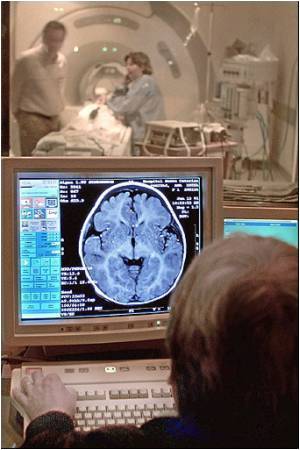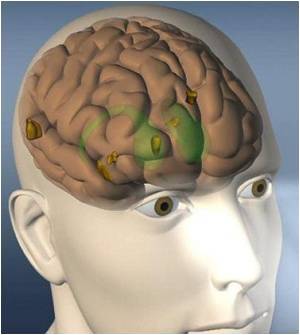
The clinical directors for the study were Dr. Cyrus Zabetian, Stewart Factor and John Nutt.
In the study, researchers detected a new association with the HLA (human leukocyte antigen) region, which contains a large number of genes related to immune system function in humans.
HLA genes are essential for recognizing foreign invaders from the body's own tissues.
Similarly, HLA molecules are supposed to recognize a body's own tissue as itself and prevent immune reactions against them. But the system doesn't always work perfectly.
Certain variants of the genes are associated with increased risk or protection against infectious disease, while other variants can induce autoimmune disorders in which the immune system attacks the body's own tissues.
Advertisement
Pursuing the connection between Parkinson's disease and inflammation, especially in the context of variable genetic makeup, may lead to better, more selective drugs for treating Parkinson's disease.
Advertisement
The study appears online in Nature Genetics.
Source-ANI















